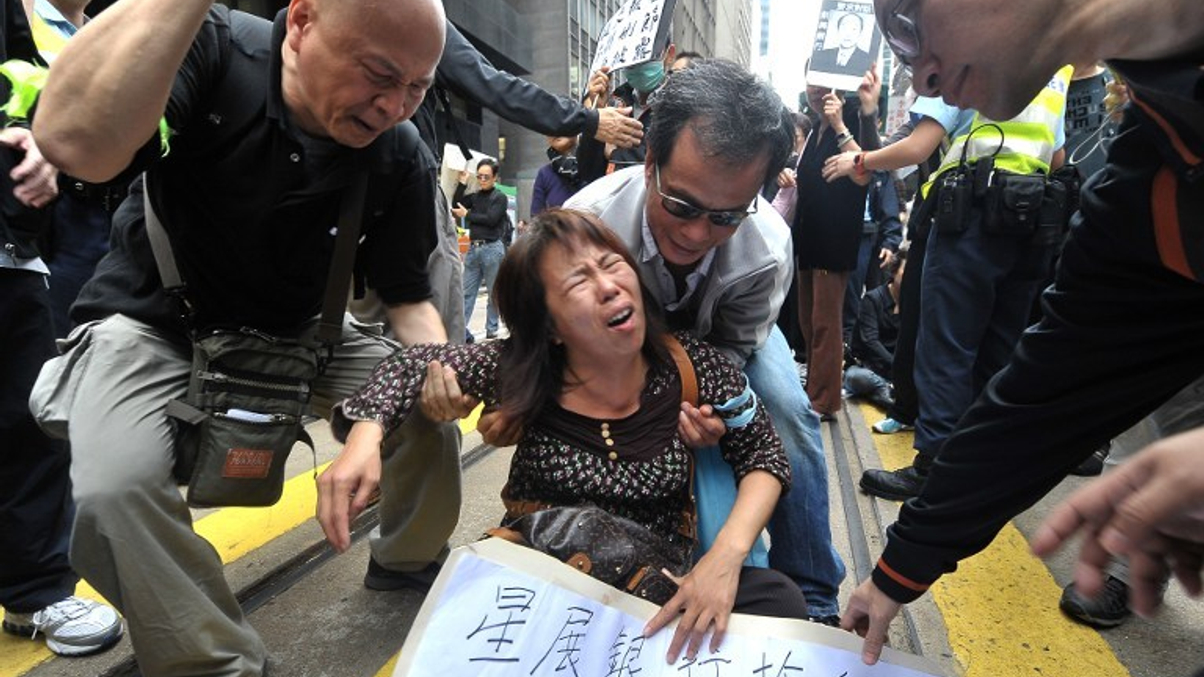Opinions divided on anniversary of Lehman fall
Fund managers both praise and begrudge broad-brush regulation sparked by the collapse of Lehman Brothers five years ago this weekend. In Hong Kong, there is one point of universal agreement.

The regulatory overhaul of global financial markets that followed the collapse of US investment bank Lehman Brothers five years ago this weekend stirs mixed emotions among Asian asset managers.
Sign in to read on!
Registered users get 2 free articles in 30 days.
Subscribers have full unlimited access to AsianInvestor
Not signed up? New users get 2 free articles per month, plus a 7-day unlimited free trial.
¬ Haymarket Media Limited. All rights reserved.


